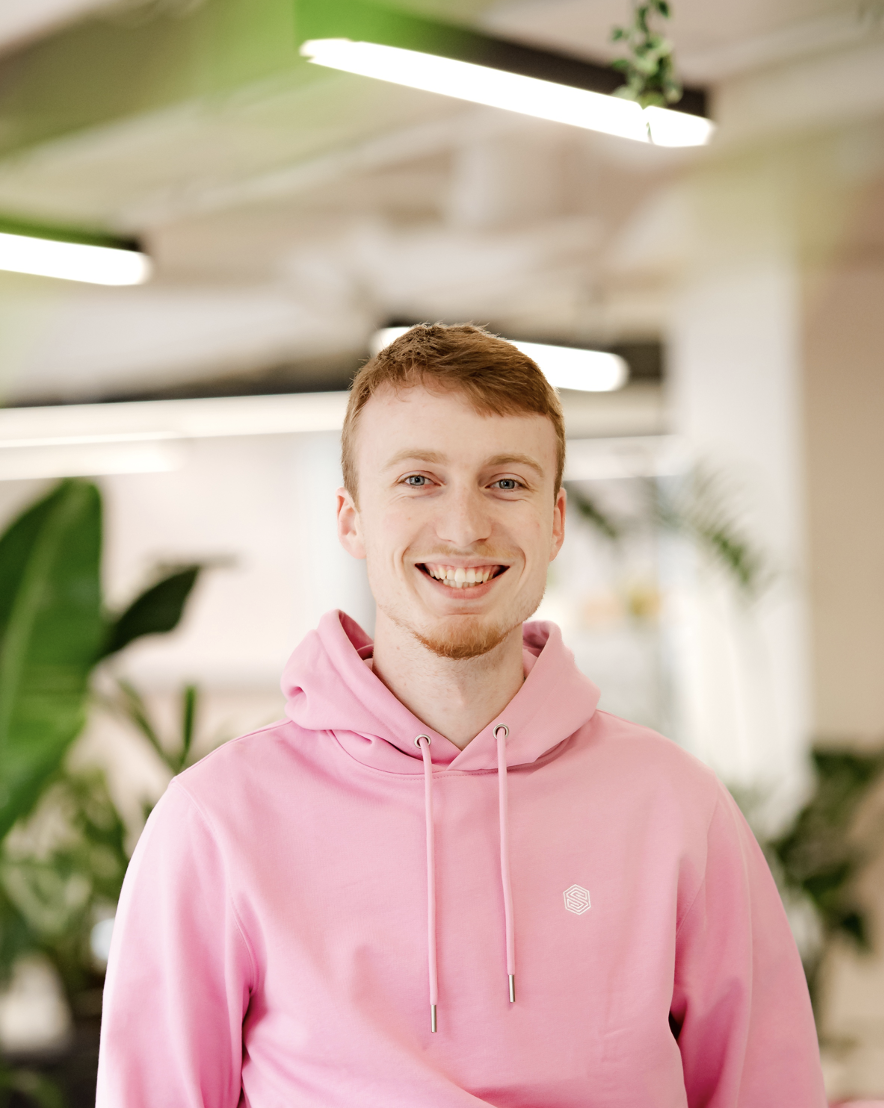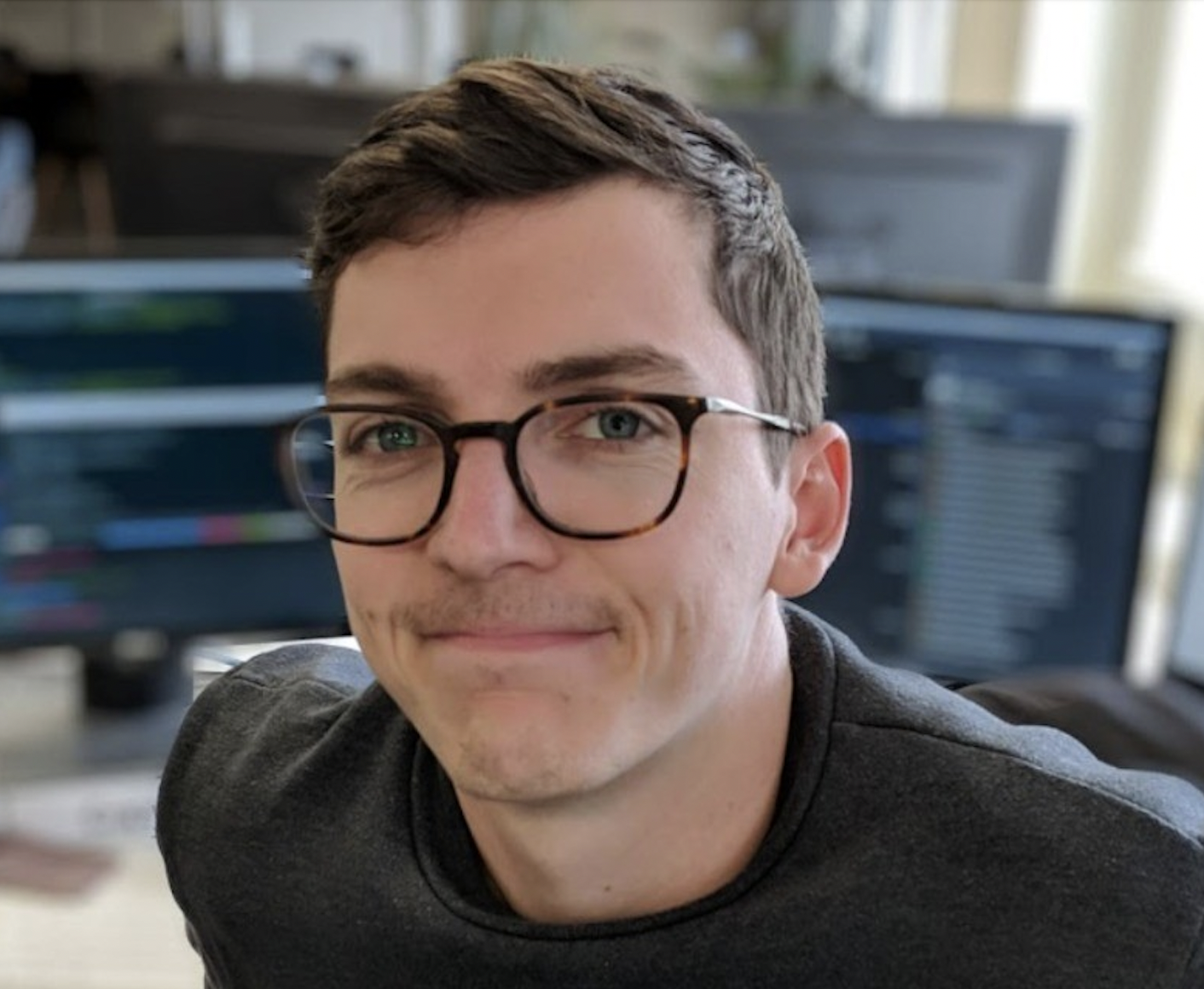SurrealDB is transforming the database industry by offering a multi-model, integrated platform that combines graph, relational, and document database functionality into a single, unified system. We at Crew Capital invested in the company’s Series A earlier this year, alongside our friends at Firstmark.
We recently had the pleasure of sitting down with Micha de Vries, a software engineer at SurrealDB, to dive into his career journey, the culture at SurrealDB, and what it’s like working at the cutting edge of database technology.
Interview
What sparked your interest in software engineering and led you to pursue it as a career?
My interest in computers started when I was around 10 years old and I got a decade-old iMac. All my friends then were playing Minecraft. I wanted to join the frenzy, but I couldn’t get it to run on that computer. That frustration led me to start tinkering with the machine, and I soon got my hands on a small Linux laptop, which only had a single gigabyte of RAM. After hacking around on this for a little while I finally got Minecraft running, but my focus had shifted by then towards the tinkering process. I realized I was more fascinated by the engineering side of computers than playing games themselves. From there, I picked up building websites using HTML, CSS, PHP, and JavaScript, and kept at it through my teenage years.
After finishing high school, I studied in university for half of a year, but quickly felt that I wasn’t learning as much as when I was actively working on real-world problems. I then left and taught computer science at my high school for half of a year, then worked at a FinTech company for nine months. Now, I’m here and couldn’t be more excited.
Where did you first hear about SurrealDB?
I originally heard about SurrealDB in September 2022 from an online video that caught my attention when looking for new developer tools to try out. I was on the hunt for a database solution that could solve a problem I was struggling with on a personal project, but nothing I tried felt quite right. SurrealDB stood out because of its unique language features, and how seamlessly it integrated different data models into a single platform. After I had played around with it, I would constantly try to push its limits and check for new product releases.
How did you end up in your role at SurrealDB?
A significant part of my journey has been driven by community engagement and continuous learning. Before joining SurrealDB, I was very active in the SurrealDB community, sharing knowledge and solving problems. When looking for a new role, I sent out around 2,000 messages across GitHub and Discord, and would help others by contributing to different open source projects I was interested in. I constantly kept coming across SurrealDB as a core part of those projects, and dug a little deeper when realizing that the appeal was greater than initial attraction.
The turning point was a few months later at their first in-person event in London, where I met the founders Tobie and Jaime, their team, and several members of their amazing developer community. Everyone was very welcoming and inspired by what SurrealDB had become in such a short time.
A few weeks after the event, I stayed in touch with the team and others who attended, and eventually joined the team. I did a livestream with the team to showcase my project, and everything just fell into place. The positive and encouraging response played a huge role in my decision to join, it showed me that SurrealDB is a place where innovation is valued, and creativity is encouraged.
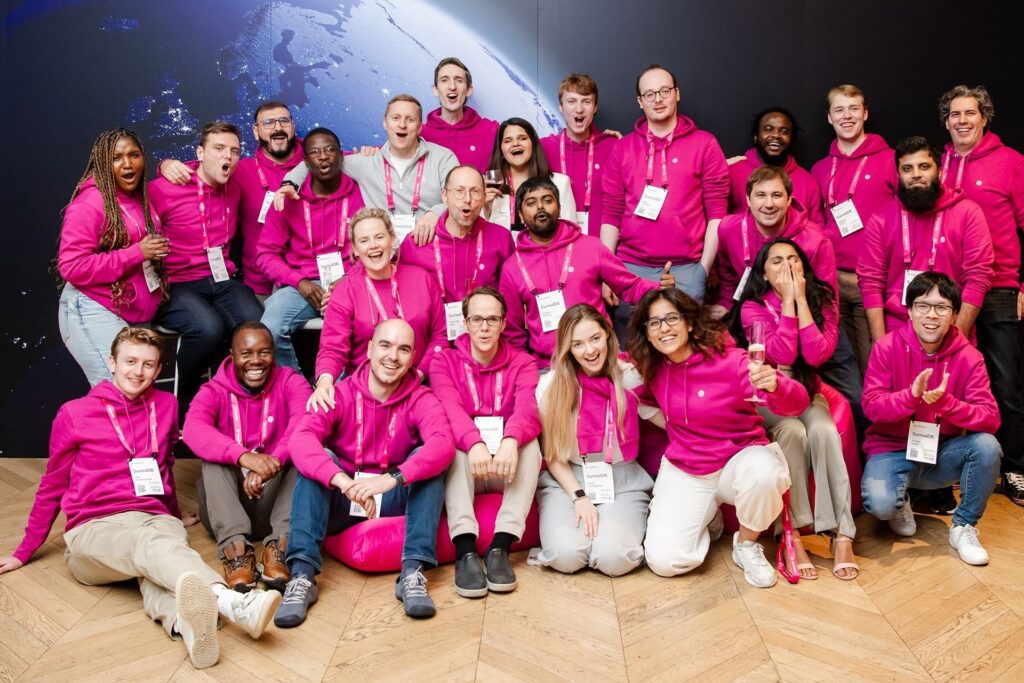
How would you explain what SurrealDB does to someone without a technical background?
I usually explain it to my mom, who isn’t very tech-savvy, by comparing it to an account book. Imagine someone has an account book where they jot down all their expenses. Now imagine having multiple notebooks, showing expenses over time from different vendors in different locations. Now envision linking all of these together, allowing that person to search through all of them instantly. Instead of having to go through all the notebooks one by one to track down a certain expense, they can just find what they want by indexing or searching. That’s what a database is in a digital form.
What makes the engineering team at SurrealDB stand out?
Our team is composed of brilliant minds, all in their own way, from diverse backgrounds. Everyone brings a unique perspective when we meet as a team to discuss big boulder problems. What makes us stand out is our collaborative spirit and willingness to help each other. No question is too simple or too complex, we believe in learning together. We have experts in various fields, from indexing to machine learning, and everyone is always ready to lend a hand. This low ego, high respect culture fosters an environment where we can innovate and solve complex problems efficiently and lightspeed.
How would you describe SurrealDB’s company culture in three words?
Surreal, humble, and accepting. The name “Surreal” isn’t just a catchy title, we truly have a surreal product. It integrates multiple data models into one cohesive system, making it incredibly versatile. There are a lot of databases these days that build on top of PostgreSQL, or that focus on one specific area of the database market. The SDKs that we provide, all the tooling, the full spectrum, we build it ourselves, and it tightly integrates these different models with each other. Humble, because one of our primary values is low ego, high respect. For example, if anyone in the company asks one of the founders for something, they get it done. I had my phone stolen at an outing, and when Jaime found out, he went to the Apple Store and bought me a new phone without asking. He said, “Here’s your new phone. Is it the correct color? Now let’s get back to it.” And accepting, because our team is a mix of different backgrounds and areas of expertise. We thrive on our diversity, and love bringing in new bright minds who can keep pushing our assumptions.
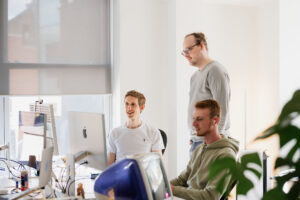
Can you share a challenge you’ve faced in your role and how you approached it?
One of the biggest challenges for me has been diving deep into Rust, the programming language we use to build SurrealDB. I’m pretty good with Rust on the surface level, but when I first joined I felt I was slightly behind where I should be. Luckily, I’ve got some genius colleagues who are always able to provide me with an answer to unblock me when working on advanced features that require tremendous knowledge.
Have you ever proposed an idea that seemed unconventional but was embraced at SurrealDB?
Absolutely, this happens a lot. An example that comes to mind was when we decided to drop the usage of the Rust SDK in Surrealist, our graphical user interface. It was almost a last-minute decision, a week before launch. We worked a really long week to make it happen, and the result was a more lightweight application. The move makes it easier to make Surrealist function across different versions of SurrealDB in the future, which has the ability to drastically increase SurrealDB usage. This is the sort of gamble that has paid off.
How do you manage the challenges of working in a team spread across different time zones?
We have a lot of opportunities to meet each other, given that we are partially remote, partially hybrid. Whether that’s inviting team members to our London office for a week, holding regular offsite events like the one we had in Florence, or doing virtual meetups, we love being together as a team. We also have weekly engineering calls to align on our goals and discuss any blockers. Despite the distance, we maintain a strong sense of camaraderie and ensure everyone feels included.

What career advice would you give to aspiring software engineers who want to join a startup?
Just get going. There’s so much to learn and to do in a startup environment. Candidates may be hired for a specific role, but they will often find themselves wearing multiple hats and diving into areas outside of their main areas of expertise. I was hired as a JavaScript engineer. One day I might be working on the JavaScript SDK, and another day I might be working on SurrealDB, which is written entirely in Rust. There’s so much to do and learn, and moving fast is the best way to embrace it all.
Looking ahead, what’s on the horizon for SurrealDB?
We’re gearing up for the release of Surreal 2.0, and our new cloud product, which are both incredibly exciting developments. We’re constantly working on new features and improvements, focusing on speed, stability, and usability. Our vision is to make SurrealDB the go-to choice for developers looking for a powerful, versatile database solution. We’re just at the beginning of our journey, and there’s so much more to come.
To learn more about SurrealDB, check out our investment thesis, their website, the SurrealDB Discord, and open jobs.
Related Articles
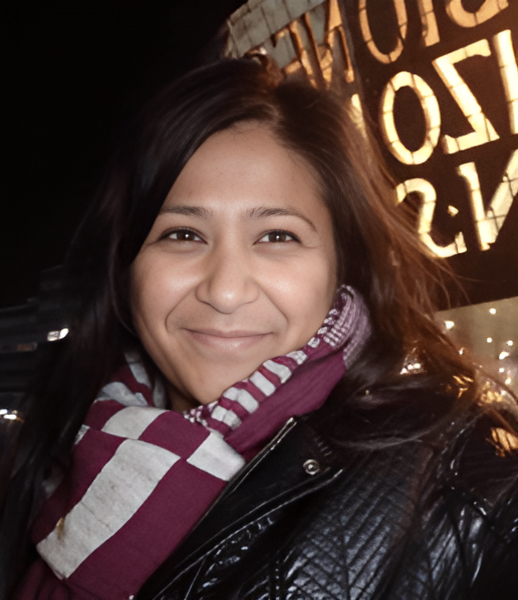
A Day in the Life at Chainalysis with Leena Mooneeram
We recently sat down with Leena Mooneeram, a Senior Engineer in the Platform team at Chainalysis, to learn more about…
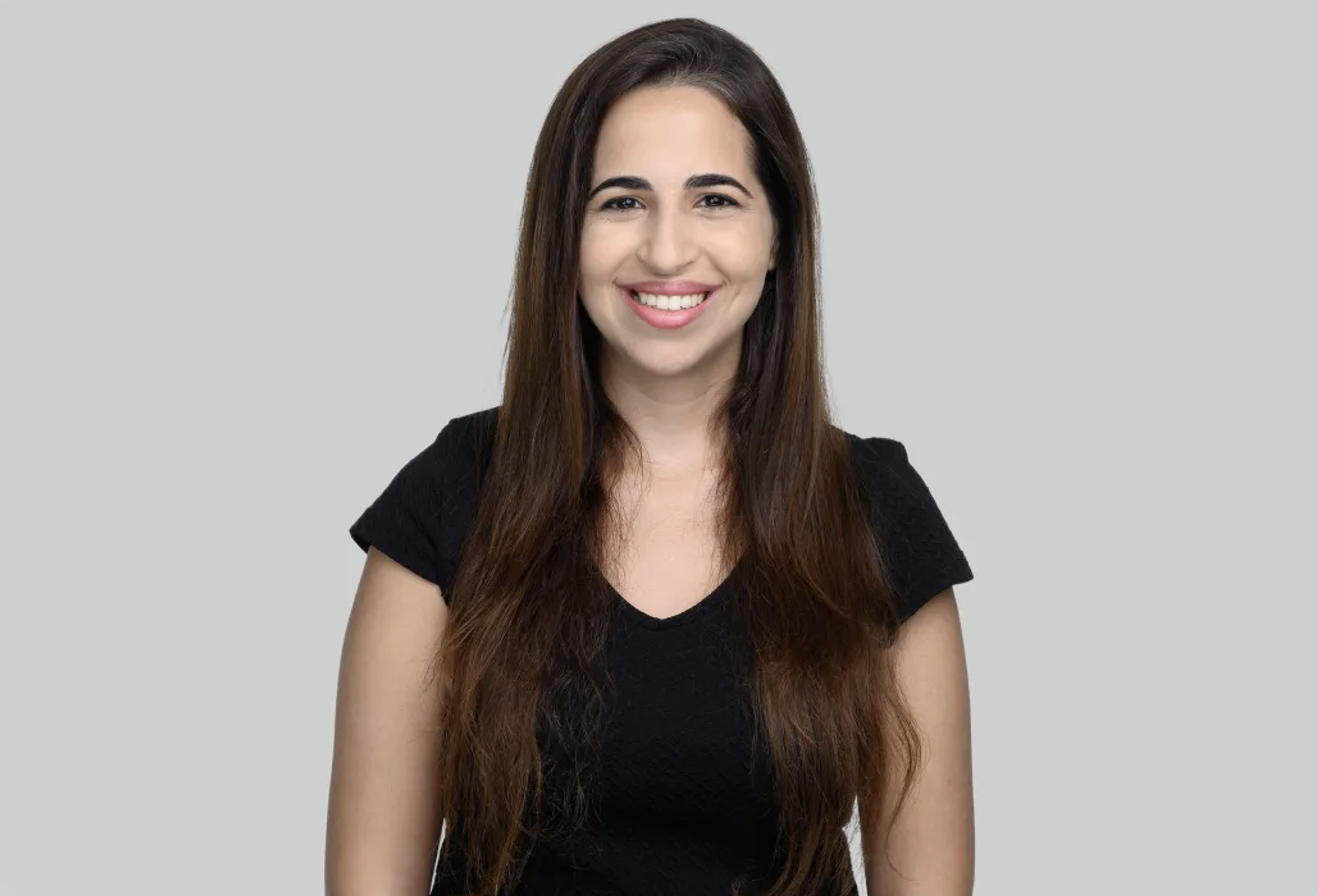
Inside Seal Security: A Day in the Life of DevOps Lead, Shaked Shauli
Crew Capital recently sat down with Shaked Shauli, a DevOps Lead at Seal Security, to learn more about what it’s…
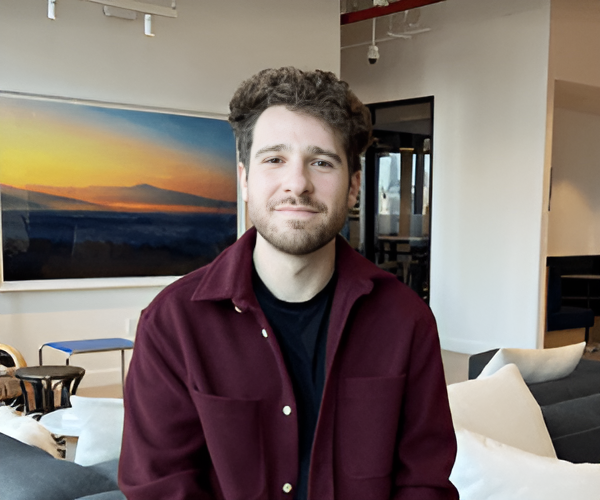
Inside Rilla: A Day in the Life of Software Engineer Theo Carrel
We recently had the pleasure of sitting down with Theo Carrel, a Software Engineer at Rilla, to explore the unique…




